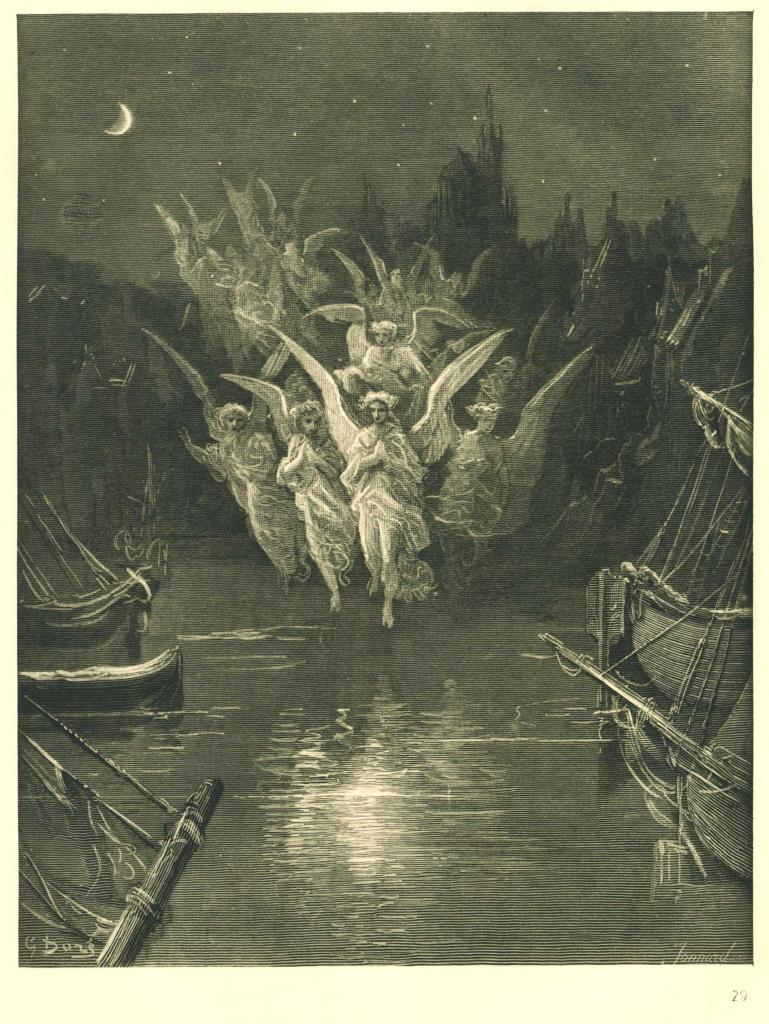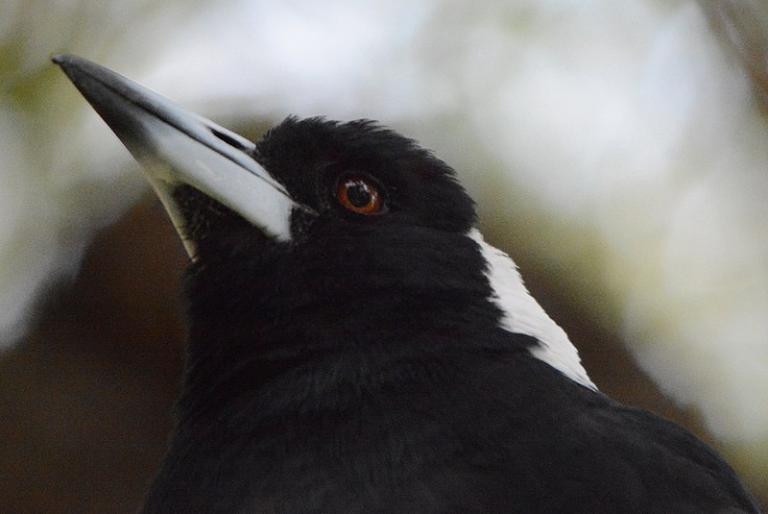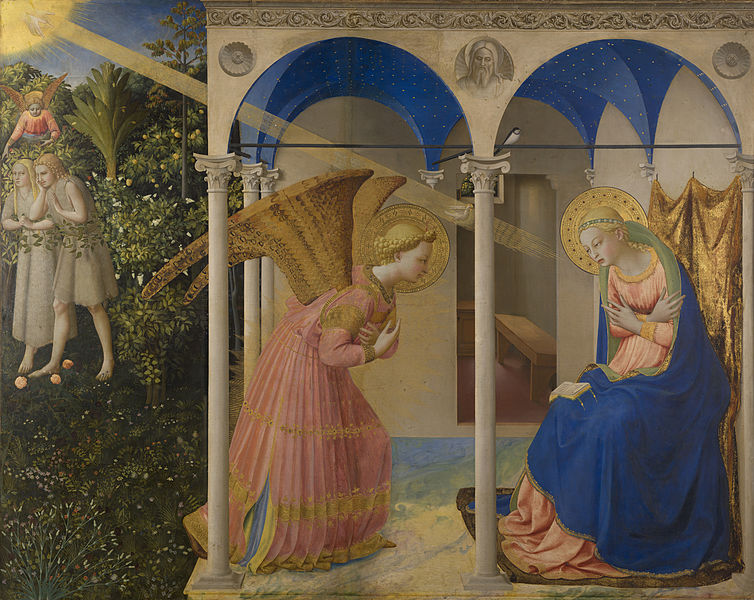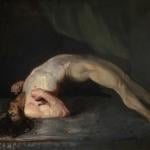Dear Friends and Family,
Several times now on this blog have I written about Faerie and the enchantment of our universe. Today I wanted to reflect on a few different things I’ve come across lately in relation to this.
What Is Faeriean Metaphysics?
Faeriean is an adjective I made up at the recent Centre of Theology and Philosophy Conference on the Soul after hearing John Milbank’s response to William Desmond’s paper. I’ll come back to that in a moment. I got the idea for the phrasing from Jonathan McIntosh, who has an excellent blog called The Flame Imperishable, and a whole category called The Metaphysics of Faerie, where he does some work on theology and philosophy in J. R. R. Tolkien. For me, Faeriean Metaphysics is the act whereby we recognise the enchanted nature and mystery of our universe. It helps us to see the world with fresh eyes, eyes willing to see wonder in everything. Faeriean metaphysics is the act whereby we recognise that ontology, that is being, is not static, reducible, or de-mythologised. I’m still working on this notion, but I think it is important that our metaphysics include, and be shaped by, Faerie.
The Secret Commonwealth

The Secret Commonwealth, are the peoples who make up what is known as Faerie, Fairyland, Elfland, The Perilous Land, Logres (in Britatin), and many other names. A certain Robertus Kirk wrote a book by this title in the Seventeenth Century. In this book, Kirk argues that there are some who are born with second sight, that is the ability to see those things in nature which are typically invisible, faeries, aspects of the future, etc. Kirk even seeks to connect this to the prophets in Bible. They were imbued with the second sight from birth and this accounts for the ability to hear directly from God and see visions. It also meant, however, that they could see elves and fairies. David Bentley Hart in an article on First Things entitled The Secret Commonwealth, comments that Kirk’s understanding of the world is, at the very least, better than the sterilised vision of the world given to us by Modernity. Hart writes:
Moreover, even if one suspects this is not a matter so much of illusion as of delusion, again that is of no consequence. A delusion this amiable is endlessly preferable to boredom, for boredom is the one force that can utterly defeat the will to be, and so the will to care at all what is or is not true. It is only some degree of prior enchantment that allows the eye to see, and to seek to see yet more. And so, deluded or not, a belief in fairies will always be in some sense far more rational than the absolute conviction that such things are sheer nonsense, and that the cosmos consists in nothing but brute material events in haphazard combinations. Or, I suppose, another way of saying this would be that the ability of any of us to view the world with some sort of contemplative rationality rests upon the capacity we possessed as children to see in everything a kind of articulate mystery, and to believe in far more than what ordinary vision discloses to us: a capacity that endows us with that spiritual eros that allows us to know and love the world, and that we are wise to continue to cultivate in ourselves even after age and disillusion have weakened our sight.
In the end, as Puddleglum would agree, if the make-believe is better than the real world, I’ll take the make-believe every time.
John Milbank, Faerie, and The Soul
Finally, I noted at the beginning that I came up with the word faeriean after John gave a response to William Desmond’s paper at the Soul Conference in Oxford. John said, and I’m paraphrasing here, to believe in fairies is to believe in the soul. For John, Faerie leads us to the soul, the form of our bodies (in an Aristotelian sense), for both can only be seen when we have the eyes to see. I want to turn this ’round, however. To believe in the soul is to believe in Faerie. Kirk thought only some were born with the second-sight. I would agree when it comes to prophets, especially those who see the outcome of current and future events. However, I believe every Christian who is a temple of the Holy Spirit is imbued with the second-sight, with the ability to see Faerie.
We only need to change our perception and we shall see the world rightly. This we must do, or we shall go blind.
So, do you believe in Faerie?
Yours,
David
Related Articles
Why Edmund isn’t Judas: The Chronicles of Narnia, Allegory or Supposition?
Lies Breathed through Silver or How God Creates History: Myths and Christianity
The Enchantment of Creation Or, I Do Believe in Faerie
In Defence of Harry Potter, Or Harry Potter and the Magic of Christianity












